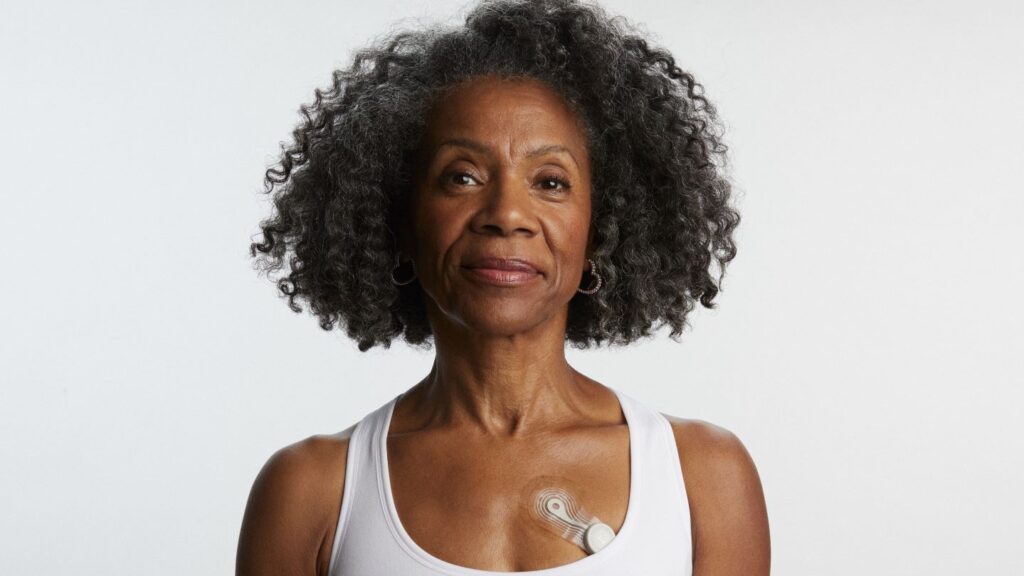

Heart monitoring is a major concern for older adults, and not just because they are at greater risk for cardiovascular disease. Too few older adults seem to be tracking their heart health at all, observers say.
That’s one of the reasons developers of health trackers are continuously trying to design devices to be as unobtrusive as possible. When it comes to heart disease, a small health monitor could have huge implications.
 The next iteration of iRhythm’s wearable patch Zio, for example, is less than half the size of previous iterations. It is coupled with an app re-release, making for “an even better patient experience,” the company announced this week.
The next iteration of iRhythm’s wearable patch Zio, for example, is less than half the size of previous iterations. It is coupled with an app re-release, making for “an even better patient experience,” the company announced this week.
Patients who used the Zio technology experienced better health outcomes and received more accurate treatment options, according to data results iRhythm released in May.
The new Zio patch, which is available by prescription only, “weighs less than a pencil” and is made of breathable, waterproof material that can easily adhere to a users’ skin, continuously recording data for up to two weeks, the company stated.
The MyZio app redesign includes an all-new user interface and new educational and video content, the company added.
The Zio monitoring service also uses artificial intelligence to enhance data assessments.
Although the re-release of Zio’s monitoring service is FDA-approved, iRhythm did briefly get into hot water earlier this year for tweaking its algorithms without notifying the agency. The FDA sent a letter of warning to the company, reminding iRhythm and similar companies to be careful when marketing their products.
Other novel approaches to heart monitoring include a textile patch in development made out of nanomagnets, whereas another firm, Dandelion Health, is conducting a meta-analysis of AI’s ability to interpret electrocardiograms.


